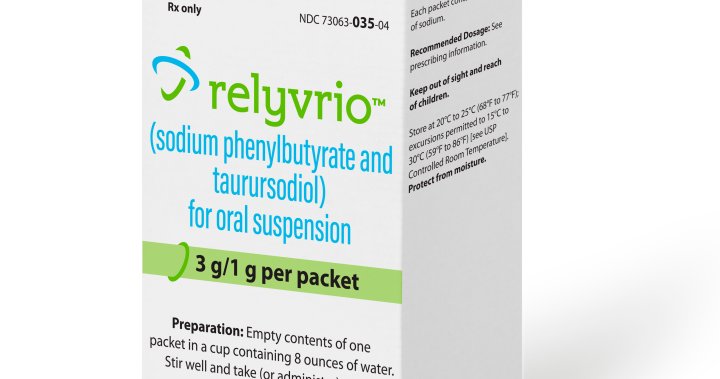Amylyx Pharmaceuticals recently announced that it will be withdrawing its amyotrophic lateral sclerosis (ALS) drug, Relyvrio, from the U.S. and Canada after the treatment failed in a key late-stage trial. The company also revealed plans to reduce its workforce by 70% as a result of this decision. The ALS drug was initially approved in 2022 after lobbying by patient groups who highlighted the limited treatment options available for the disease, which affects roughly 60,000 people in the U.S. and Europe. The U.S. Food and Drug Administration’s advisers had supported the drug’s approval after initially rejecting it for a lack of compelling data.
The approval of Relyvrio was primarily based on mid-stage trial data in 137 patients that suggested the treatment was able to slow disease progression and extend life expectancy. However, a larger late-stage study failed to confirm these benefits, showing no significant difference in disease progression between patients treated with Relyvrio and those who received a placebo. Despite having a list price of USD$158,000 per year in the U.S., the drug generated approximately $381 million in sales in 2023. Amylyx Pharmaceuticals anticipates incurring charges of around $19 million as part of its restructuring, which is expected to be completed by the end of the third quarter.
Following the news of the drug’s withdrawal, Amylyx Pharmaceuticals’ shares plummeted by 83%, causing over $1 billion to be wiped out from its market value on March 8. Despite this setback, the company intends to continue advancing trials of its lead experimental drug, AMX0035, in inherited conditions such as Wolfram syndrome and the neurological disorder progressive supranuclear palsy. Additionally, Amylyx Pharmaceuticals will focus on the development of AMX0114 for ALS, as it seeks to pivot its efforts following the discontinuation of Relyvrio. The decision to withdraw the ALS drug marks a substantial setback for the company, which had previously received support from patient groups and FDA advisers.
The failure of Relyvrio in the late-stage trial highlights the challenges of drug development for complex diseases such as ALS. Despite the initial approval and high sales figures, the drug was unable to demonstrate the expected benefits in a larger study, leading to its withdrawal from the market. The repercussions of this decision are significant, as the company is now faced with restructuring and workforce reductions to adapt to the changes. Amylyx Pharmaceuticals will need to reassess its strategic priorities and focus on advancing alternative treatments for other neurological disorders to regain investor confidence and move forward in the future.
The ALS community, which had high hopes for Relyvrio as a potential treatment option, will now need to look for alternative therapies to manage the progressive nature of the disease. The withdrawal of the drug emphasizes the complexities of ALS research and the need for continued efforts to find effective treatments for this devastating condition. Amylyx Pharmaceuticals’ shift towards developing new therapies for inherited and neurological disorders demonstrates its commitment to addressing unmet medical needs, despite the setback with Relyvrio. It remains to be seen how the company will recover from this setback and whether its pipeline of experimental drugs will yield more promising results in the future.















